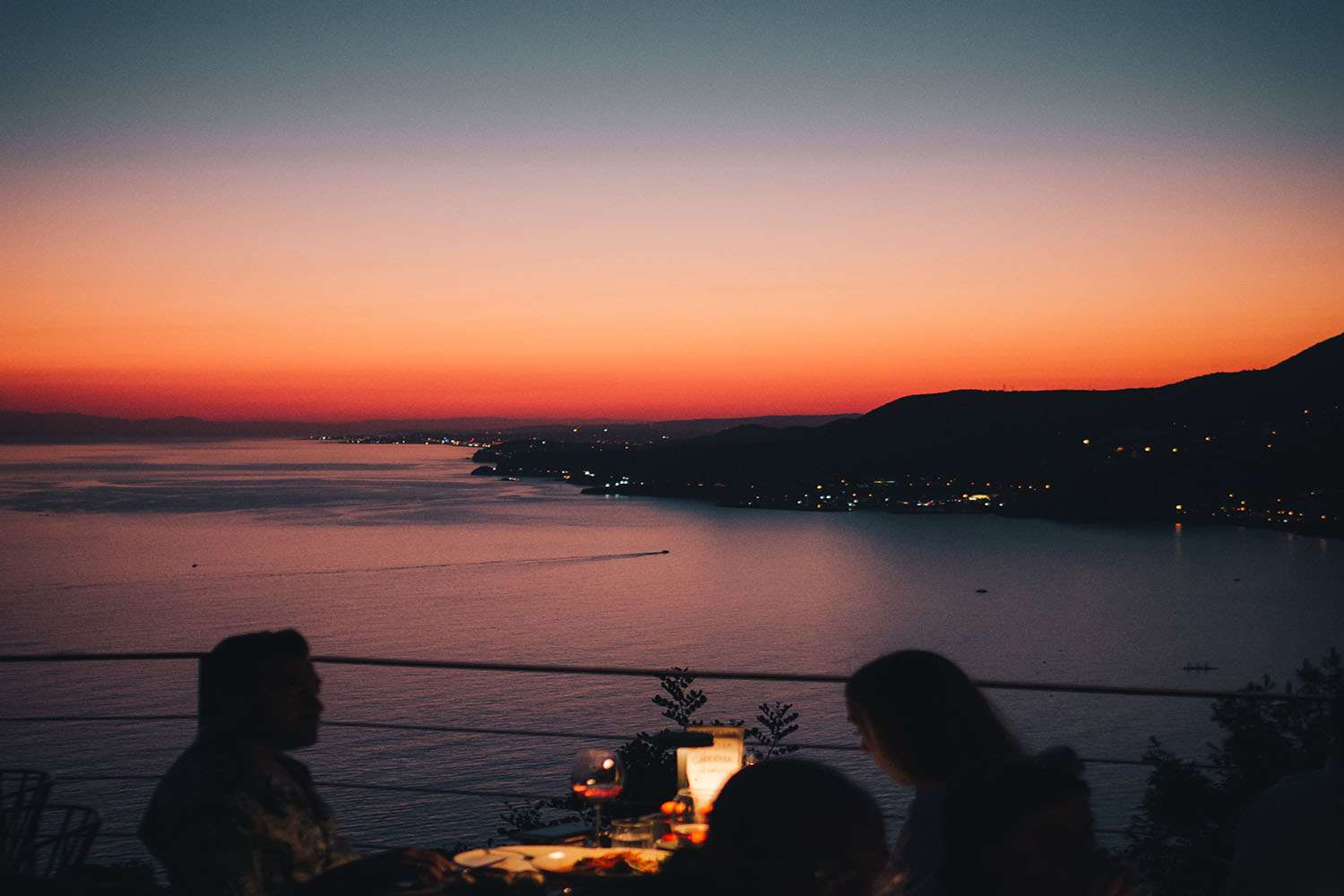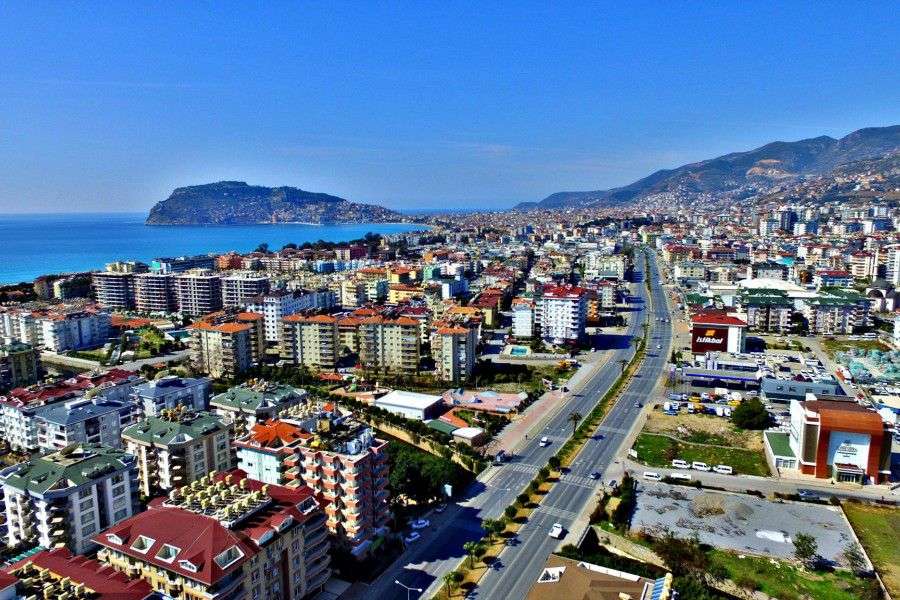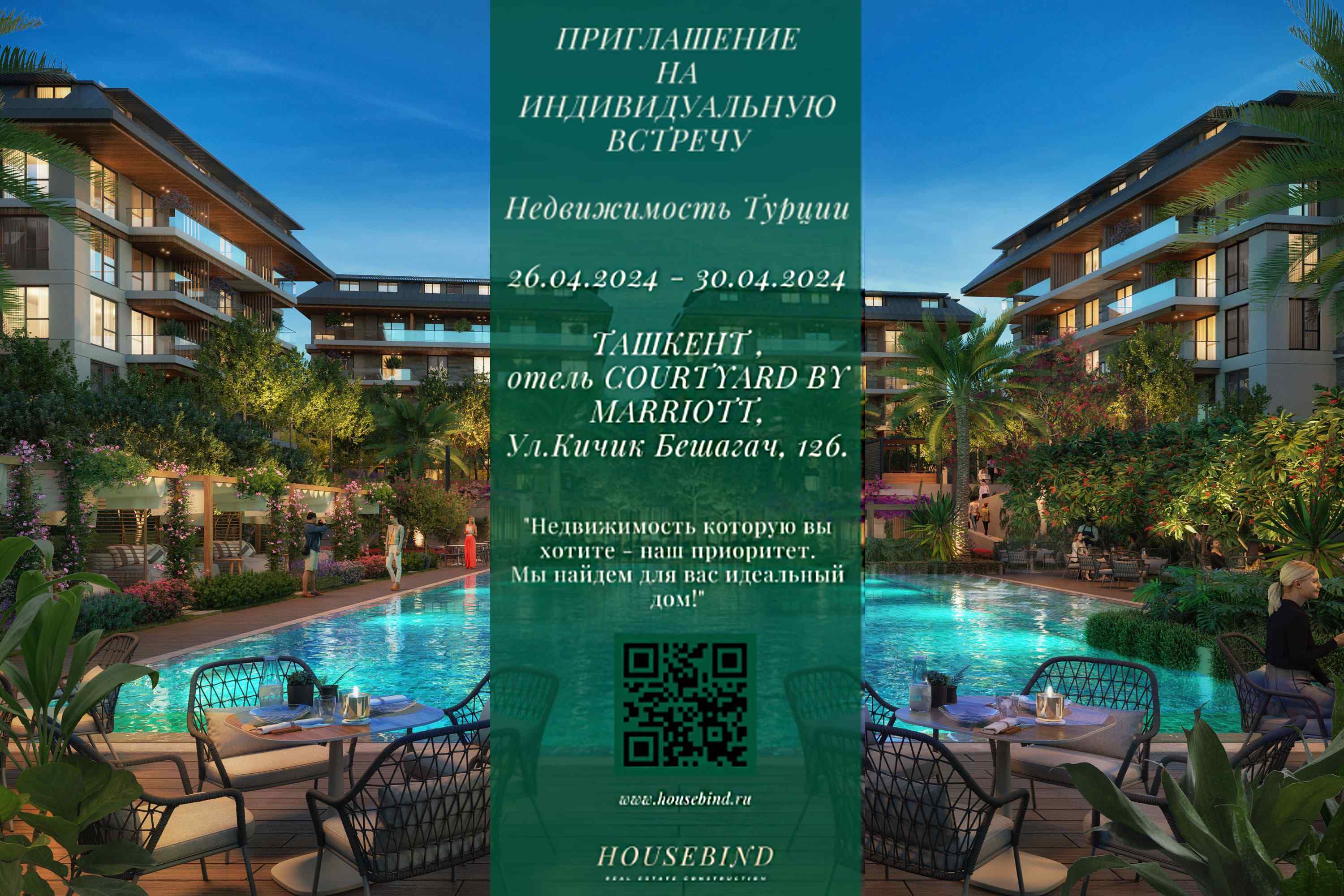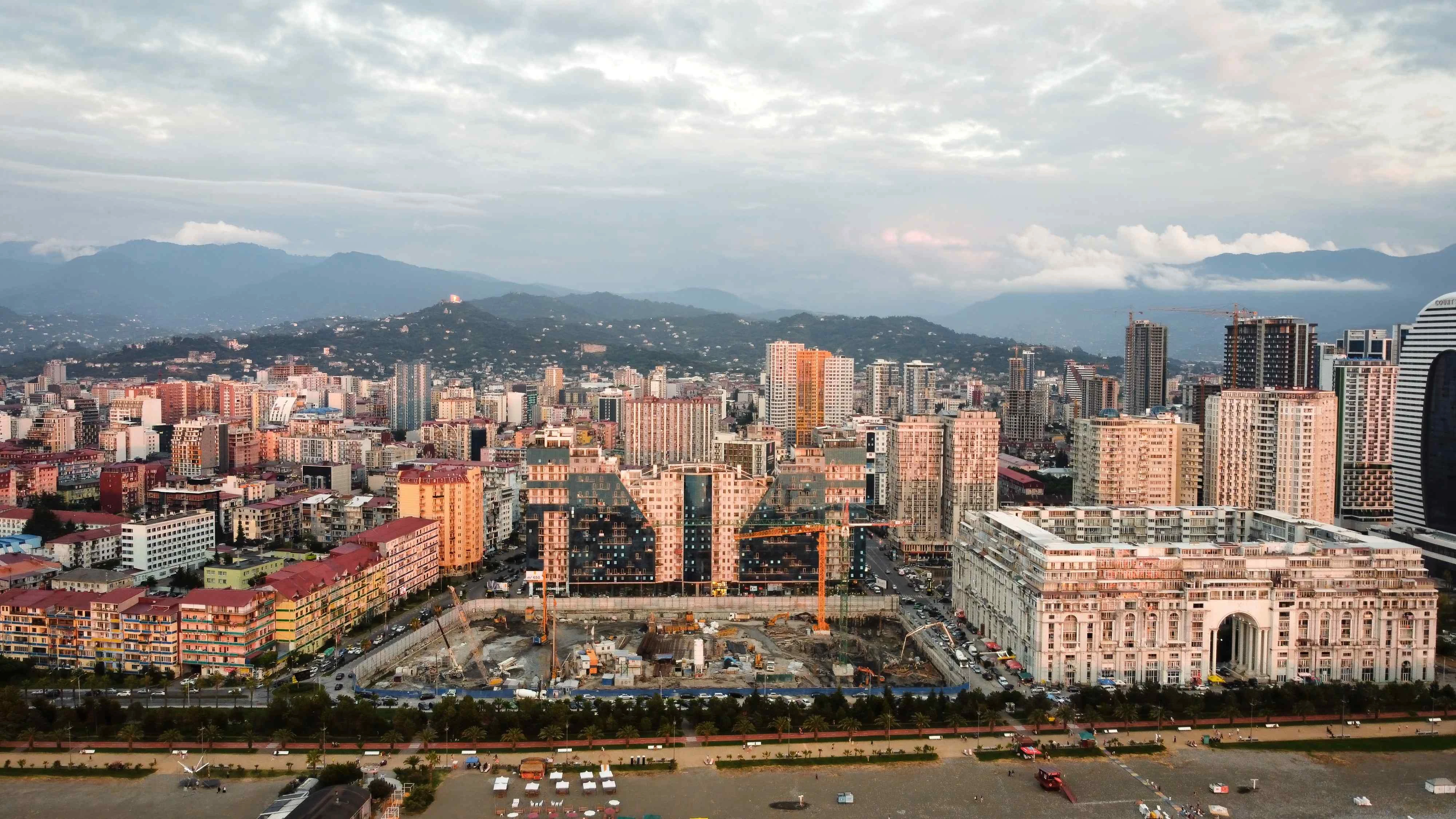Let's look at the main issues that many do not think about, because the priority is the search, selection of housing and registration of ownership, but which future property owners should take into account.
Life in Turkey, as in any other country, consists of everyday little things: utility bills and taxes, buying groceries and cooking, cleaning, parking, etc. And at the very beginning there are also large purchases - the purchase of furniture, curtains, appliances. As for food, it is generally affordable in Turkey, especially at the weekly bazaars where you can buy fresh vegetables, fruits, cheeses, olives, dried fruits, honey and other village products. However, prices for meat and fish may be unusually high for some. It is also worth noting that it is not customary to drink tap water in Turkey; it is usually bought in stores or ordered to your home; these costs should also be taken into account. Fans of alcoholic beverages and cigarettes should be prepared for the high cost of these excise goods.
Some familiar goods for daily use or their analogues cannot be immediately found in Turkish markets; such little things can sometimes be very disruptive. What helps in adapting to new conditions is not so much the ability to communicate with local residents in order to get tips and help from them, but rather the experience of compatriots who have already gone through these searches. We also help our guests not only with the initial purchase of necessary household items for a new apartment, but we are also always ready to assist with questions that arise, how and where to buy food and necessary little things, and solve any household problems, from re-registering meters to paying taxes.
In addition, every foreigner must have insurance, since medical care in Turkey is expensive, and a residence permit in Turkey is only granted if there is an insurance contract.
When choosing an apartment in Turkey, you also welcome neighbors who actively communicate here and even share food not only on holidays, but also on ordinary days. In response, it is customary to return not an empty plate, but one filled with a reciprocal treat.
Adaptation should not cause problems, since there are many Russian-speaking residents here, and you will quickly get used to it and make friends. Knowledge of English will be useful, as almost everyone learns it, and knowledge of Turkish will be an additional plus, opening doors to the local society.






